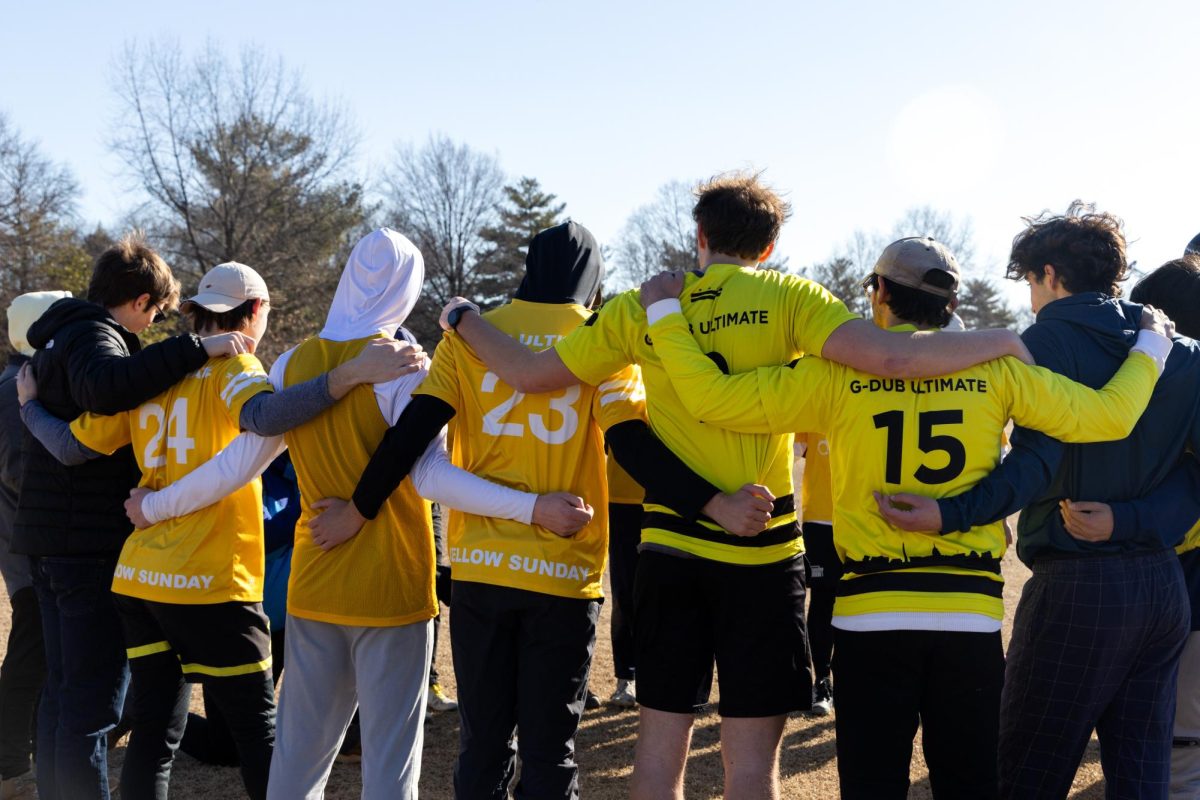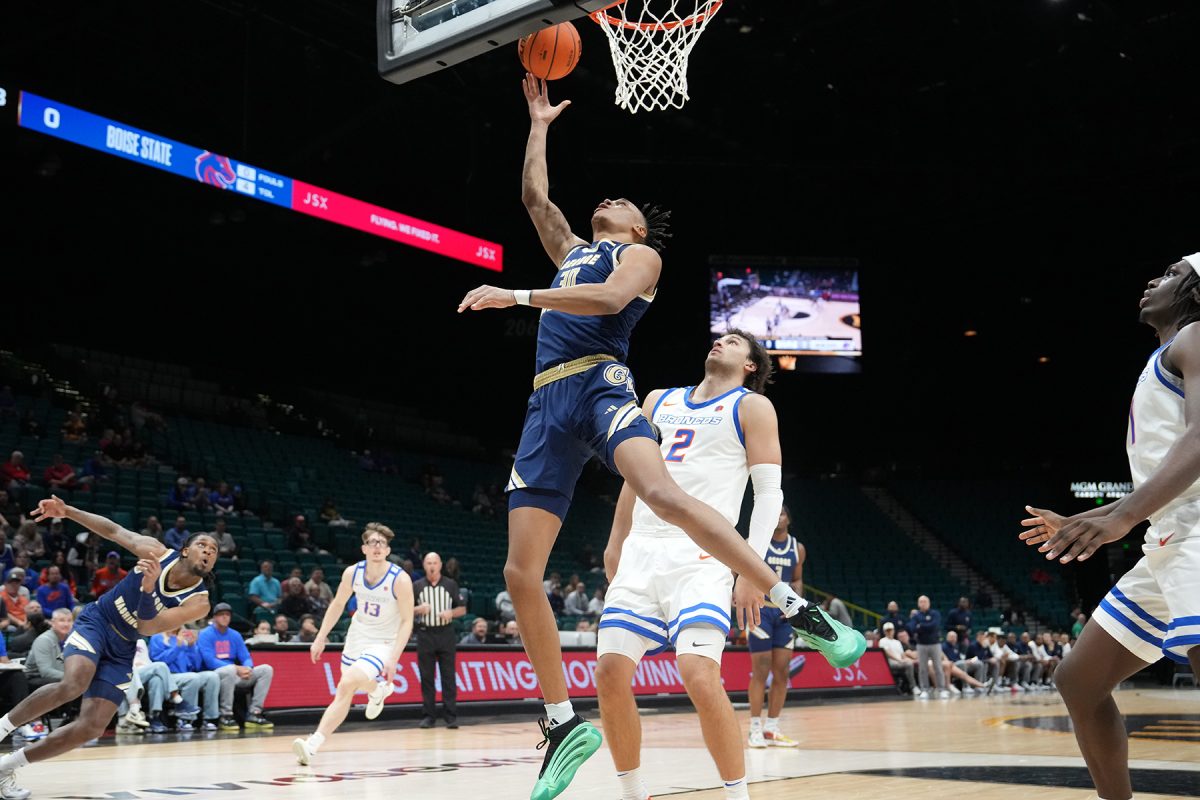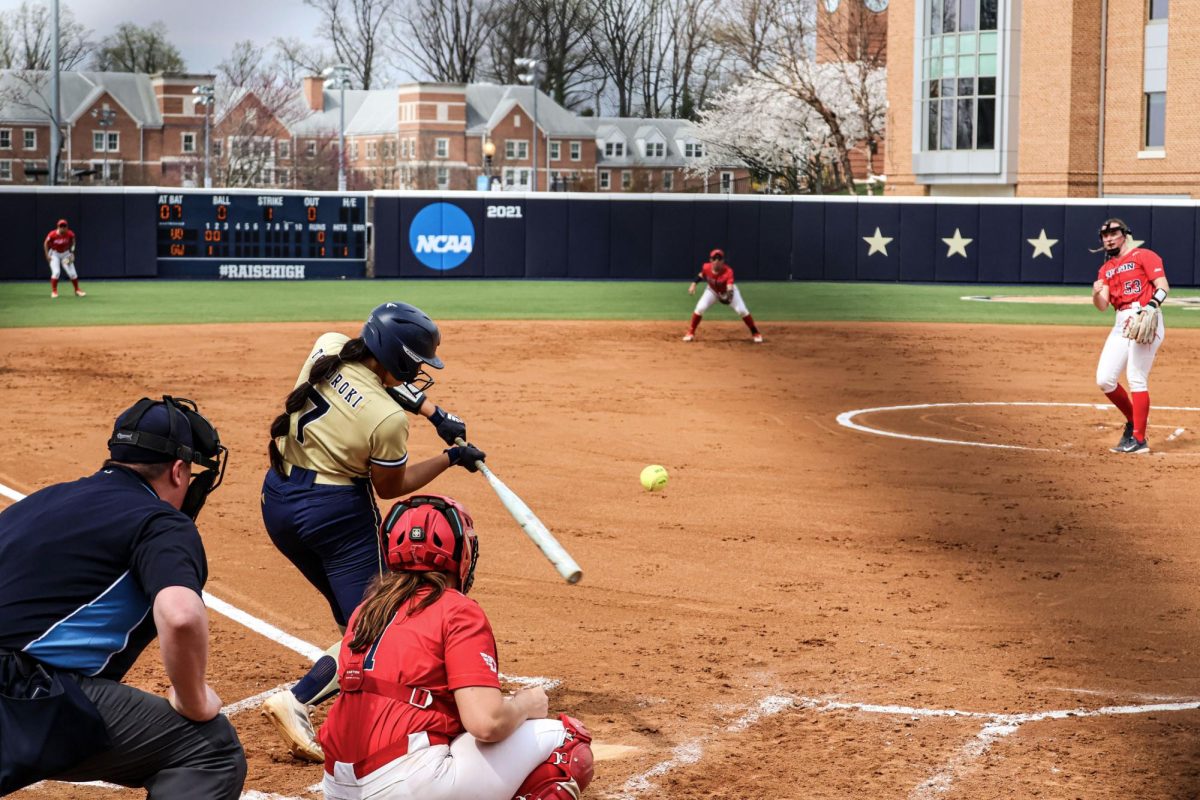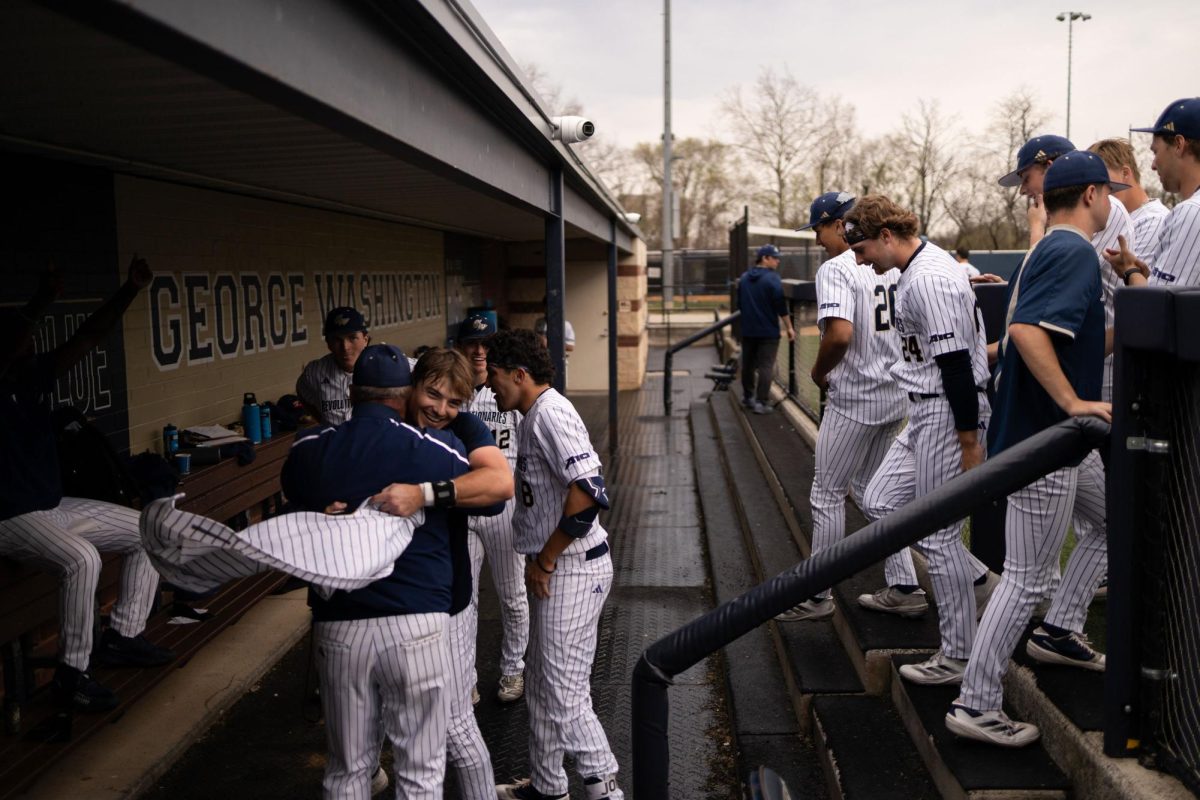Club sports team leaders said new University rules for club sports teams, including uniform regulations and a transition to a new online administrative platform, has sparked adjustments for players.
Associate Director of Programming Erik Strouse informed all 44 club teams in an email in October of a string of new policies, like standardizing uniforms and placing guardrails for club-related travel plans, and the teams were required to transition to using an administrative online platform. Five club sports student presidents said the new rules, which officials began enforcing in January, have added onto their workload and in some cases triggered a loss of team identity.
Club leaders said that all participants must create an account on Do Sports Easy, the campus recreation management system used to manage events, after club teams previously used GW Engage to handle events. Officials are also requiring teams to submit event and travel requests at least 30 days in advance of programming, and teams must also follow new driver policies when traveling to and from events, in which members who plan on driving must be at least 20 years old and submit an application to Strouse to receive approval.
Officials also now require all teams to use licensed GW logos and text for uniformity, according to club sports members, while the previous policy allowed club teams to wear club-made or general University gear, distinguishing themselves from varsity teams.
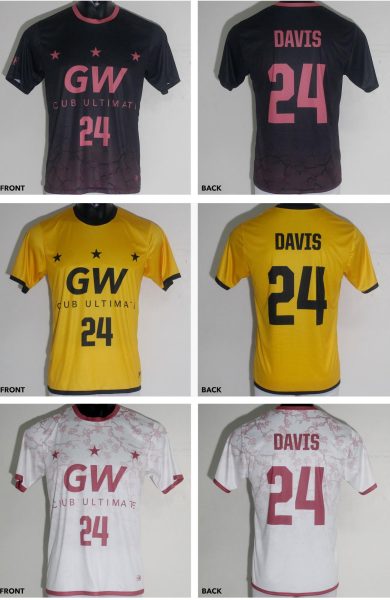
“We just found out we should be using a TRADEMARKED logo on apparel and uniform designs,” Strouse said in an email in October to all club teams obtained by The Hatchet.
University spokesperson Shannon McClendon said officials put in place Do Sports Easy — a “commonly used” platform that manages all campus recreation operations and programming — to help ensure that GW Club Sports is a “fun and organized experience” for members across many teams and sports.
“The University has provided a DSE user guide and there is a graduate assistant specifically dedicated to DSE administration,” she said in an email.
She said the uniform guidelines are consistent with GW’s Licensing and Trademarks Program and will allow participating students, faculty and staff to “proudly represent” their teams during games and events.
“The University encourages club members to raise questions, ask for support and share feedback on logo usage, travel rules, DSE and all other resources and changes,” she said in the email. “Many communications and online resources include a name and email of a University administrator to contact directly, further cultivating camaraderie and connections among members across GW club sports.”
The GW club sports website states that officials are “working on” logo requirements for clubs and will update the page when the requirements are “worked out.”
GW Men’s Club Ultimate Frisbee President Andrew Horton said the updated rules and guidelines, specifically the transition to DSE and the new uniform and logo mandates, are “frustrating.” He said his team has always been the “GW Hippos,” a moniker used since the introduction of the club sport decades ago, but players can no longer use the name due to the new guidelines — instead formally switching the team’s name to “George Washington University Men’s Club Ultimate.”
Horton said the team’s pride has long revolved around its moniker, meaning that the new uniform guidelines pose a threat to its team identity. New club frisbee jerseys are available in three designs — white with pink cherry blossom details with “Club Ultimate” written across the front, black with pink and a simple yellow with black. Previous jerseys were yellow or black with “Hippos” spelled across the chest.
“That’s over 20 years of being the Hippos,” Horton said. “We are known in the ultimate world as the Hippos. One of the big things is after you play a game, everyone’s like ‘Good game, XYZ.’ Everyone says ‘Good game, Hippos.’ And it’s like, well, we’re not technically the Hippos anymore, but it’s a big part of who we are,” Horton said.
Club Pickleball President Parker Schwadron said the new uniform offerings are “bland” and “lack creativity,” which contributes to why students “frequently” wear apparel from other universities instead of representing GW. The team, which didn’t have uniforms previously, are now required to purchase and wear specific designs in order to compete.
“Teams should be allowed greater freedom to create custom uniforms that represent GW, rather than being restricted to licensed designs,” Schwadron said.
Club sports members said the transition from GW Engage to DSE means teams must now create accounts for all players and additional participants and spend extra time doing day-to-day tasks, like logging practices and operating travel.
“Thankfully, we had our captains on top of things, and they were able to upload all the practices and our events we’re going to be attending this semester,” Horton said. “Again, the uniform update really messed with us.”
Women’s Club Hockey President Melissa McCullough said she has experienced poor communication between University club sports officials in offering support to teams trying to implement the changes, specifically regarding account registration.
“The main challenge with the DSE system is the issues we’ve had getting our players registered and the lack of response from the club sports department when we’ve asked for help,” McCullough said in a message.
She said her team is particularly affected by the travel rules because it uses rinks far from campus, like at The St. James sports complex in Springfield, Virginia, for games and practices, which now all have to be approved by GW.
Club Tennis President Rory Smith said the new rules involving the DSE transition have been hard to adjust to since the changes are usually expressed in “newsletters that nobody reads,” and it’s taken time for the teams to learn new expectations.
“Much of my frustration with the administrative side of club sports is that little consideration is placed on how these changes would inconvenience students, especially when it seems like the rules change two or three times a year,” Smith said in a message. “It’s not my full-time job to be the president of club tennis.”


